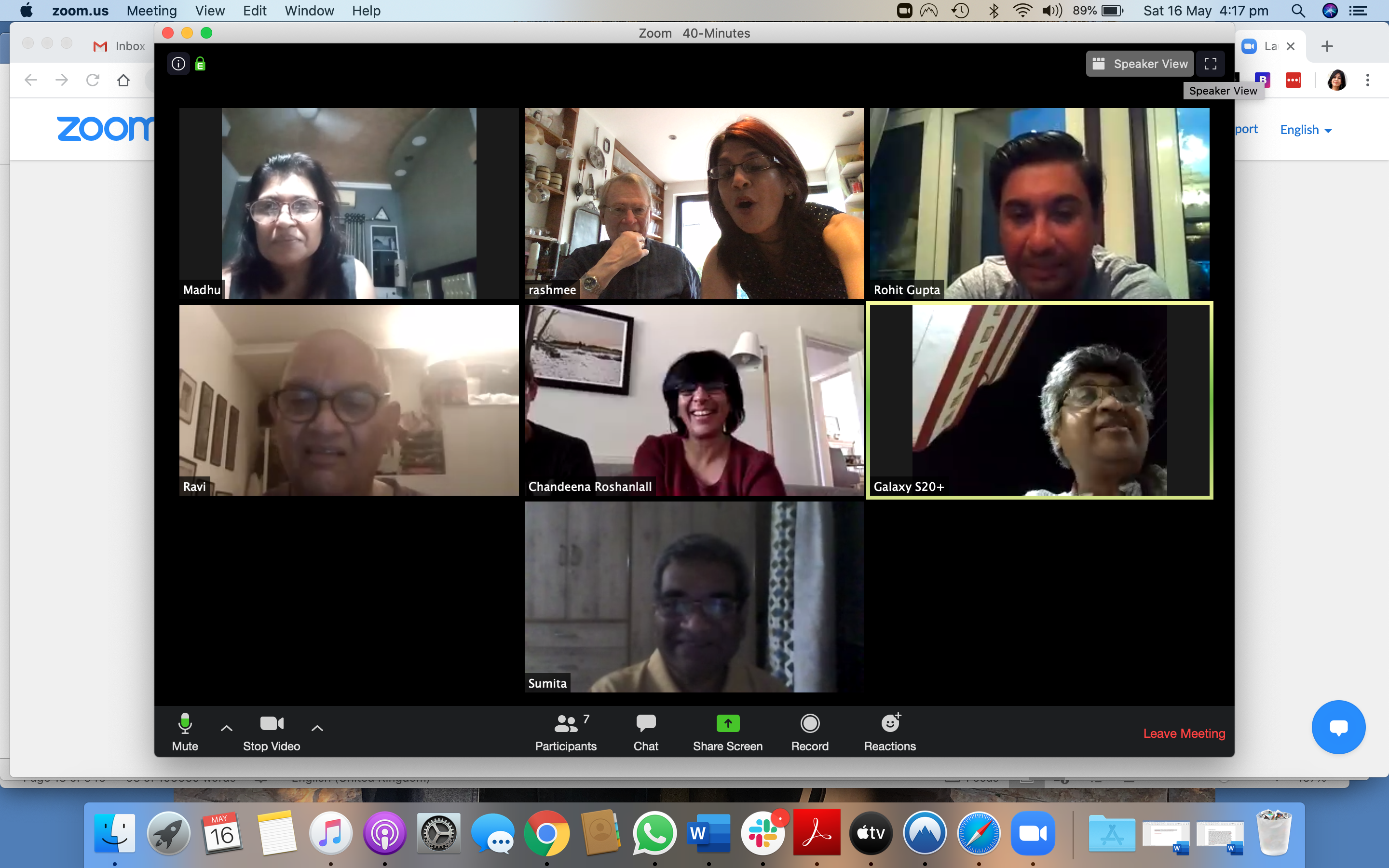A world of Zoombies: What it means, really

All Zoombies now
In the past 24 hours, I have been on three Zoom calls. The first on Friday night was with good friends, calling with birthday wishes. The second and third, on Saturday, were with disparate groups of family members, similarly reaching out across the lockdown with loving virtual hugs and kisses.
The Friday night call ran three hours. The two others lasted roughly an hour each.
After all that Zooming in, I sat down to read Dr Gianpiero Petriglieri’s piece in the Financial Times on the phenomenon that he calls “the rise of the Zoombies”. The doctor is associate professor of organisational behaviour at Insead, one of the world’s leading graduate business schools. He sees Zoom meetings as digital windows to “defied desire”. Where once they enhanced our reach, he writes, now they “keep showing us the people we have lost”.
He quotes Bill Cornell, a Pittsburgh psychotherapist: “On a video call, the absence is so palpable”. And Dr Petriglieri diagnoses Zoom meetings as “seances of sorts — troubled attempts to reestablish a connection with somebody we have lost and still care about”. Zoom meetings, he says, are making Zoombies of us all and “like fictional zombies, we Zoombies are relentless yet not fully human. Unlike them, we have a heavy heart…”
It seems to me that the good doctor is being overly gloomy about the enforced virtual intimacy of a video call. It’s true that video calls remind us of those we cannot physically reach. A Zoom meeting undoubtedly makes for more exhaustion – dodgy connections, frozen screens, hard-to-read faces – than if we were all jammed up round the same café table or in someone’s living room. Video calls cannot compare with physical interaction – all those glorious moments of cracking up together at the same joke, nudging the person sitting next to you, taking someone’s hand, enfolding a loved one in a big hug. To that extent, it’s hard to fault Dr Petriglieri on one aspect of his diagnosis – there is an exquisite grief when people you love are far away and strategically out of reach.
But surely the anguish of keeping physical distance is somewhat relieved by knowing that we’re all still connected in some way? Surely, it helps to know we’re all thinking about each other and are, in some way, in the same mental and emotional space at the same time?
The rise of the Zoombies should be celebrated, not mourned. What it really means is that we care enough to stay connected, however it can be managed, however imperfect the experience of touching each other across the ether. The virtual finger brushes over a face; it cannot wipe away a tear, nor smooth the furrowed forehead. But one feels the intention. For now, it is all we have.

